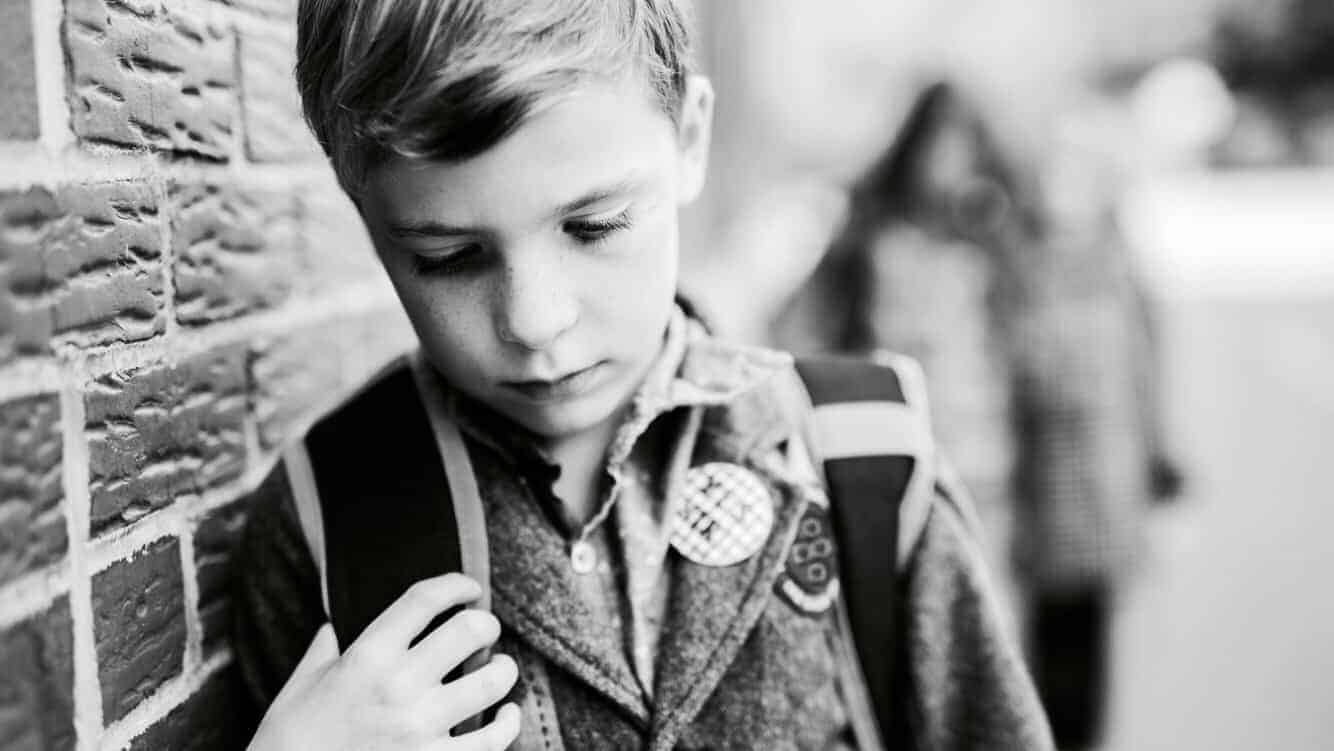Feeling that we are accepted, loved, and a part of something is important for each of us. Feeling left out can be tough on anyone, but especially a kid.
Here are ten things to say that can keep your child from feeling left out:
“I am here to listen.”
All of us would love to have those magic words that solve a child’s social problems. Unfortunately, no such words exist. (And trying to force a conversation when they aren’t ready is a weak approach.) Young people who go through tough times often complain that their parents and other caretakers are quick to advise but not to listen. When we fail to put the latter into practice, we can’t expect them to learn from the former. Listen first.
“A lot of kids would love to be your friend.”
When a child is emotionally hurt, they tend to ruminate on who or what it is that hurt them. In the context of peer relationships, losing a friendship may be interpreted as devastating. This phrase is all about helping your kid believe in their own ability to create a diverse network of supporting peers – whether it’s through a club, team, group, etc.
“Let’s talk a bit about friendship…”
Make no mistake that those moments when your child is feeling left out – though it may be heart-wrenching – make for an excellent teaching moment. This doesn’t mean lecturing your child until he nods off; it means teaching your child about real friendship, and how disregarding or ignoring a friend is not part of it.
“Let’s go somewhere – just you and me.”
Sure, some of her peers may be giving her a hard time, but that doesn’t mean she doesn’t want to spend time with you. Anyone reading this who has been bullied or neglected as a child will say the same thing: being somewhere with someone, doing something, is a great antidote to loneliness.
“Being alone doesn’t have to be lonely.”
Kids love to play (and sometimes it seems they live to play). For better or worse, kids tend to think that play should mostly involve other kids. After all, that’s what “all the other kids are doing.” For this reason, suggesting they engage in something interesting on their own may not be taken seriously – at least right away. But when a kid is going through a tough stretch or feeling left out, reminding them that they have many interests apart from their peers may help see them through a difficult time.
“Kids have different personalities, and that’s okay.”
What applies in the adult world also applies to children: some personalities don’t mesh. Kids who try to force their way into a social circle may face compounded social problems. It’s important that the child understand that they aren’t mean to be friends with everyone – and that’s okay.
“Real friends treat one another with love and respect.”
Kids who are left out usually share a similar story: a group of “friends” who without explanation turned their backs. As we know, these kids were never real friends to begin with. Sad as this situation is, you can teach your child how friends are supposed to treat each other – with love and respect, not indifference and detachment.
“Special people are always a bit different.”
This phrase may sound a bit cliché, but there’s some truth to it. Introverted, shy, studious, gifted, cautious, or empathetic/sensitive kids seem to have more trouble making friends. This can lead them to feeling left out. One tragedy of childhood isolation is that it often leads to underachievement and unhappiness. It is crucial that your child exercise his talents, regardless of what – or who – tries to get in his way. Relatedly, encourage your child to interact with kids who have the same interests as he does.
“I am always here for you.”
Your child must know that she can come to you at any time, and under any circumstance. One huge mistake that many parents and guardians make is not vocalizing their openness and willingness to support their children. Young people do not yet have developed thought processes – sometimes leading them to jump to inaccurate conclusions about sensitive matters. Thus it is necessary to voice your love and support.
“Here’s a secret…”
Now it’s time to infuse a bit of your adult wisdom into the situation. As adults, we possess some valuable knowledge that may go a long way towards helping resolve the situation. Here are a few things you can teach your child:
- Kids respect those who stand up for themselves
- Ignoring and walking away is better than looking in from the outside
- Acting courageous and strong, even when you don’t feel like it, can help you feel better
Final Thoughts
“I used to think the worst thing in life is to end up all alone. It’s not. The worst thing in life is to end up with people who make you feel alone.” – Robin Williams
It can be tough for an adult to hear that their child is being excluded. Here’s something worth remembering: every child has uttered the words, “They won’t play with me,” at some time or another. Every child has been left out of a peer group. Indeed, some children simply don’t fit in many places, but they fit in some place. Whenever your child is feeling left out, this is the crucial message they must take away from spending time with you. That they are accepted and loved. And that they are valuable to you.
https://youtu.be/Q_U6VY7lNbI

















